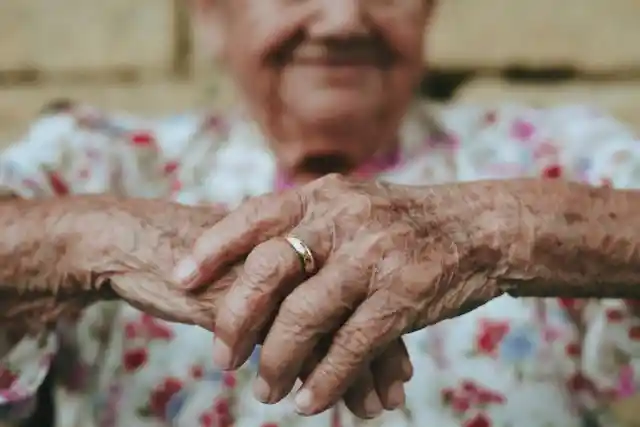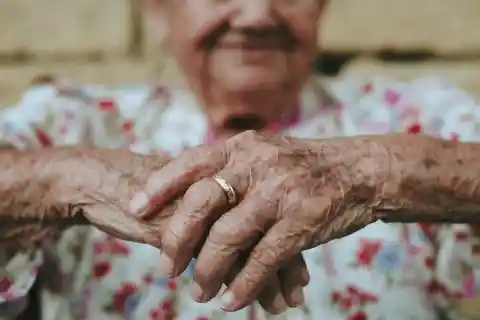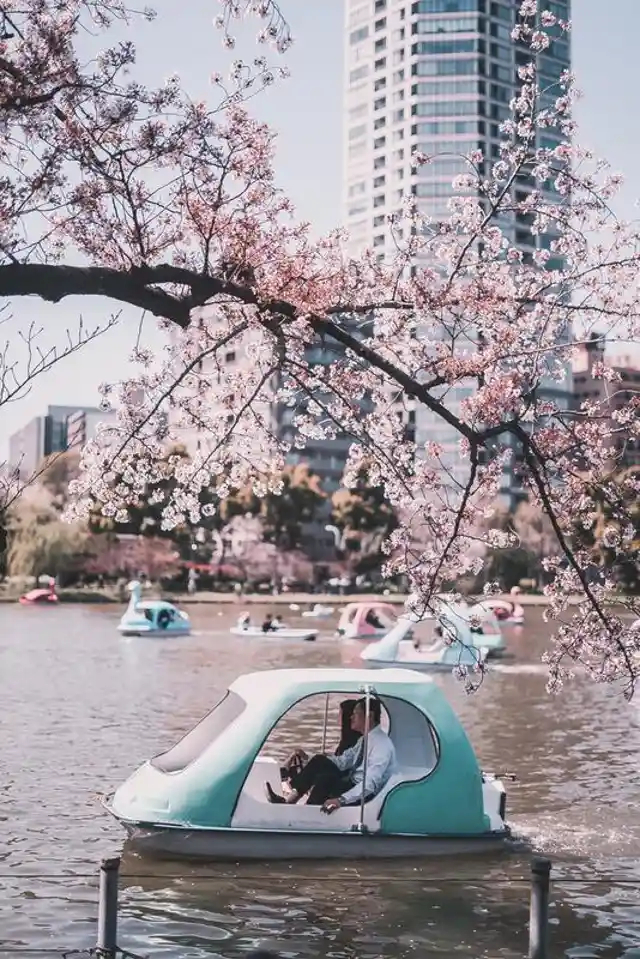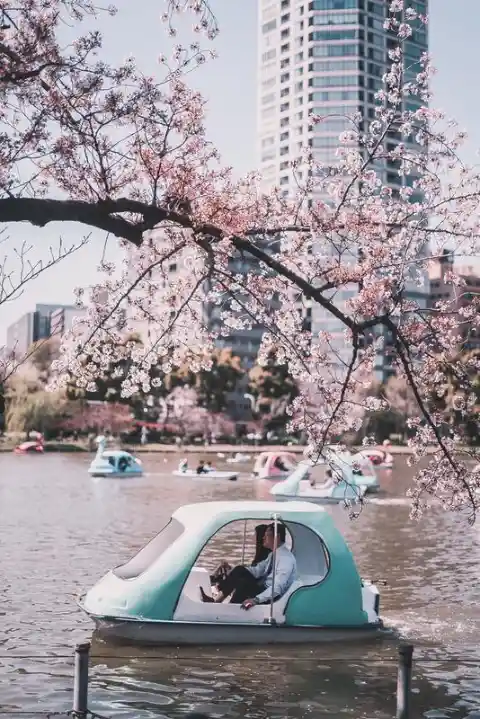Kane Tanaka is the world’s oldest person. She lives in Fukuoka, a city in southern Japan. Japan is renowned for the longevity of its citizens and also as one of the healthiest countries, due to clean eating habits and a well-balanced lifestyle. The Japanese city of Okinawa is one of the world’s original five Blue Zones. A Blue Zone has been classified as a place where people live the longest and healthiest. Although Fukuoka isn’t exactly Okinawa, the Japanese lifestyle as a whole can teach us a lot about aging well.


The Japanese diet does wonders for your body and its longevity, due to it being lower in calories but still high in nutrients. Miso is a popular Japanese seasoning, and it comes along with gut-healing abilities, which have been linked to aging well. The Japanese style of eating, called Washoku, contains plenty of locally sourced, natural ingredients like vegetables, seafood, and rice. Washoku also focuses on a connection to the earth, with Japanese people still gardening their food. But their diet isn’t the only notable thing about Japanese culture that’s been tied to longevity.


Purpose and connection are common themes within the Japanese way of living. Moai in Japanese means “a group of lifelong friends” or a social support group that forms to provide varying support from social, financial, health, or spiritual interests. With research proving that loneliness can cause inflammation and potentially take years off your life, “moai” can diminish that concern. And not only that but ikigai, which roughly translates to “reason for being,” highlights the importance of living a life of purpose, which is also linked with longevity. There may be no exact formula to live to 100 and beyond. Still, one thing is evident: Certain cultures are definitely onto something through a combination of healthy eating, strong relationships, active lifestyles, and living with purpose.